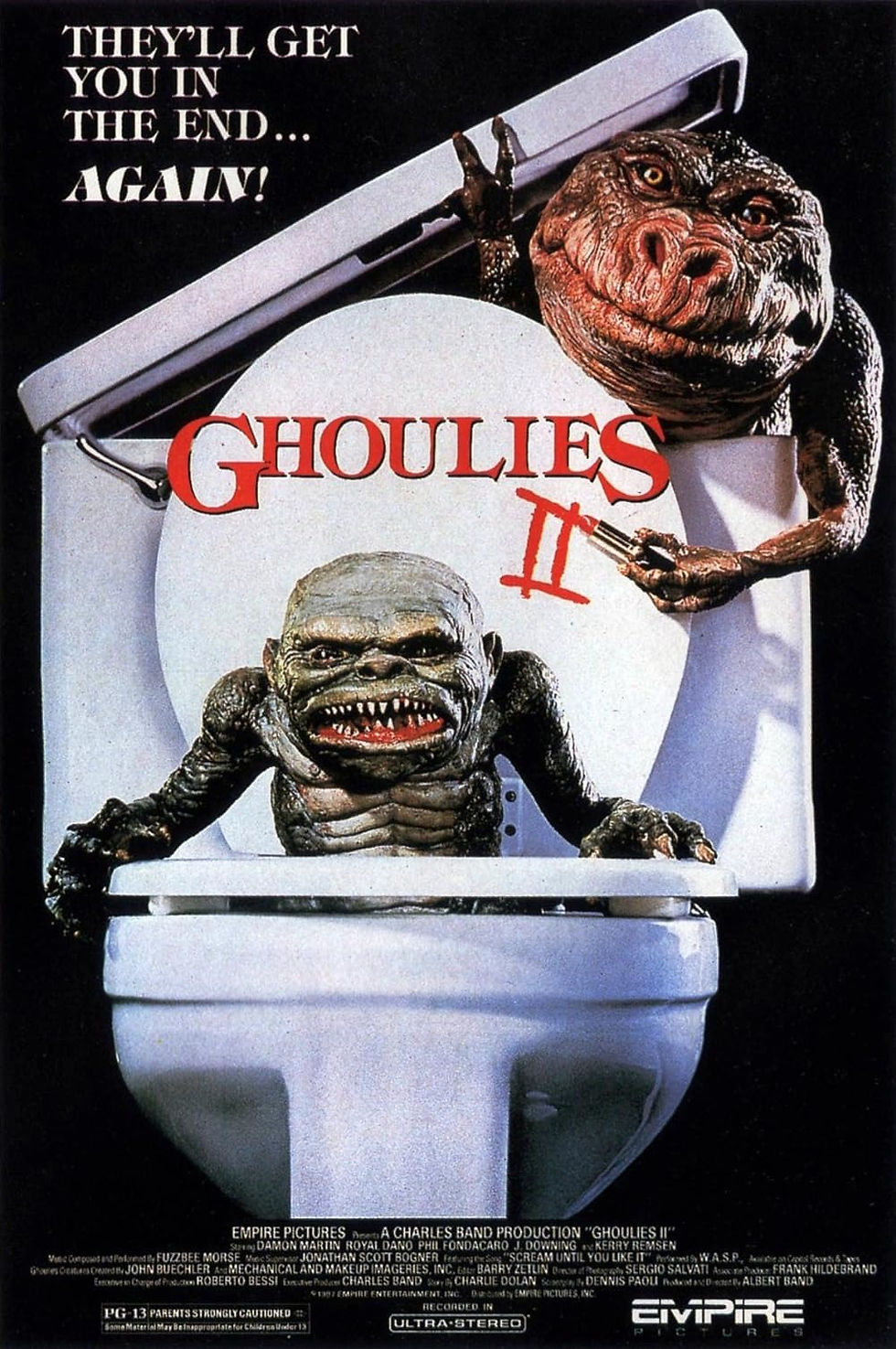The Psychology of Zombie Horror: Why We Love to Be Scared
- Allan Major

- Mar 31, 2024
- 3 min read
Updated: May 24, 2024

Picture this, folks: the lights dim, hushed whispers fade into the musty velvet of an old theater. The projector whirs to life, casting flickering shadows across rapt faces. On screen, it begins – not with a bang, but the eerie moan rising from parched, monstrous throats. The shuffling hordes of the undead close in, their eyes blank pools of hunger, their flesh a grotesque tapestry of rot. Welcome, horror fiends, to a dissection of our morbid fascination with zombie flicks.
Think you're immune to their charms? Think again. The undead are woven into the fabric of pop culture, their groans echoing through countless films, TV shows, and video games. We'll crack open the skull of this obsession, unearthing the psychological roots of why we just can't get enough of that sweet, sweet zombie terror.
The Macabre Ballet of Fear and Fascination
Zombie movies are a symphony of the horrific, tapping into our deepest primal anxieties. Fear of death? Check. Fear of losing control, of contagion, of loved ones turning monstrous? Check, check, and check again. See, these lumbering corpses aren't just out for a bite of your brains – they represent the collapse of everything we hold dear.
Yet, there's an undeniable thrill, a strange sort of fascination mixed in with the revulsion. Maybe it's that adrenaline spike, the way your heart pounds as those pixelated flesh-eaters swarm the screen. Or the twisted satisfaction of seeing a well-prepared protagonist mow down the hordes with a chainsaw – a power fantasy in the face of overwhelming odds. We become masters of our own terror, riding the rollercoaster of fear in the safety of our own homes.

Zombies: A Mirror Reflecting Society's Anxieties
But zombie horror isn't all mindless thrills, my friend. The best of the genre holds a rotting mirror to our own anxieties. Just look at the granddaddy of 'em all, George Romero's "Night of the Living Dead." Underneath the gore, it's a biting commentary on racism and social collapse in the 60s. More recently, flicks like "28 Days Later" tap into fears of pandemics and societal breakdown. These rotting hordes shambling across our screens represent real-world fears given a monstrous, and cathartic, form.
The Anatomy of a Zombie Movie: Dissecting the Tropes
Now, any seasoned horror hound knows there's a certain rhythm to a good zombie movie. You've got your outbreak—patient zero, the panic as civilization crumbles. Then there's the ragtag band of survivors (the smart one, the tough one, the one bound to do something monumentally stupid), desperately strategizing against overwhelming odds. Inevitably, there's the creeping dread, the tense moments punctuated by flesh-ripping jump scares. And of course, the final showdown—a desperate, often bittersweet, stand against the encroaching horde.
Zombie flicks offer us a safe space to confront existential fears: of death, loss of self, the fragility of our social fabric. Like a modern-day Vanitas painting, they whisper a chilling reminder, "Memento Mori" – remember, you too shall die.

The Enduring Allure of the Undead
So, why do we crave that gnawing sense of dread these films offer? Perhaps it's a form of inoculation. By facing our worst fears on screen, we desensitize ourselves a little, building a sort of psychological callus. Or maybe it's the relief of knowing, no matter how bad things get in real life, at least we're not facing flesh-ravenous ghouls.
Whatever the allure, zombies have burrowed deep into our collective psyche. They're not going anywhere, those shambling reminders of our own mortality. So next time you settle in for a zombie marathon, remember—you're not just indulging in some gory fun. You're tapping into something ancient, visceral, and strangely exhilarating. Now, if you'll excuse me, I think I hear a scratching at my window...


